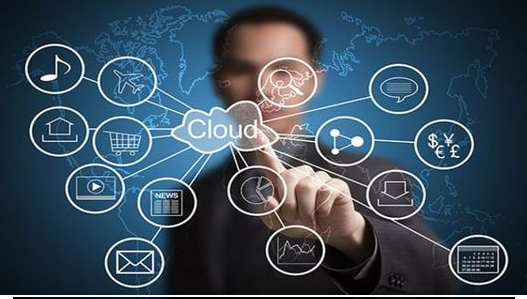
Top 10 Cloud Computing Trends You Should Know
Nov 26, 2024 4 Min Read 3603 Views
(Last Updated)
As we all know, businesses are migrating toward the cloud to fulfill their needs. Instead of going for physical servers, the cloud is preferred for storage purposes which is cost-efficient, secure, and reliable. It is predicted that around 100 zettabytes of data will be stored in the cloud by 2025. More than 80% of IT companies rely on cloud computing for various reasons. Having so many advantages, cloud computing has come up with many more trends which will make organizations more dependable.
Cloud computing allows companies to grow effectively. In this era, where everything is possible through virtualization, cloud computing paves the way for remote accessibility of anything. With this being said, let’s read about the Top 10 Cloud Computing Trends.
Now before we read about the emerging trends in cloud computing, let’s understand what cloud computing is.

Table of contents
- What is Cloud Computing?
- Types of Cloud Computing:
- Top 10 Trends in Cloud Computing
- AI & ML
- Edge Computing
- Serverless Computing
- Cloud Security
- Disaster Recovery
- Multi and Hybrid Cloud Solution
- IoT
- Blockchain
- Kubernetes
- DevSecOps
- Conclusion
What is Cloud Computing?
Cloud Computing is an on-demand delivery of computing resources over the internet which includes servers, storage, database, software, networking, intelligence, and analytics. It is a “pay-as-you-use” service where you just have to pay for the resources you’re using and only for that particular time period. There’s no need of buying or maintaining physical servers when you have the cloud as an option.
Some of the best examples of cloud computing are AWS (Amazon), Azure (Microsoft), Google Cloud (Google), etc.
Types of Cloud Computing:
- IaaS (Infrastructure as a Service)
- PaaS (Platform as a Service)
- SaaS (Software as a Service)
Types of Cloud:
- Public
- Private
- Hybrid
- Multi
Now that you have enough idea about cloud computing, let’s get into trends in cloud computing to look out for in 2023.
Before we move to the next part, you should have a deeper knowledge of cloud computing concepts. You can consider enrolling yourself in GUVI’s Cloud Computing Course, which lets you gain practical experience by developing real-world projects and covers technologies including Azure Command-Line Interface (CLI), Azure Monitor, Azure Resource Manager (ARM) Templates, and tools like Visual Studio Code, among many others.
Additionally, if you want to explore Azure through a Self-paced course, try GUVI’s Azure certification course.
Top 10 Trends in Cloud Computing
1. AI & ML
The integration of AI and ML has become a great trend in cloud computing which is driving the tech world. Everything in today’s world is technology-driven where AI and ML services play a major role in providing solutions to manage huge volumes of data so as to improve productivity in companies. AI and ML have covered major trends which include automation, self-learning capability, privacy, and cloud-based data security.
Cloud services providers rely heavily on AI and ML to create efficient products for their customers. Since a huge amount of storage space and computational power is required for data and algorithm training, thus cloud services make it easy to rent services for their usage making it cost-effective.
2. Edge Computing
Edge Computing is another emerging trend in cloud computing which refers to a range of devices or networks at or near the user (here, the data is stored and processed at the edge of the network, and analyzed geographically closer to its source). Edge is about processing data closer to where it’s being generated, enabling processing at greater speeds and volumes which leads to great action-led results in real time. Edge computing comes up with many advantages having faster data transmission, privacy, security, and increased efficiency.
3. Serverless Computing
Serverless computing is one of the recent trends in cloud computing where you work on growing your business. Here, you don’t have to rent the server for data processing instead a third party does it for you. It is a method of providing backend services on an as-you-use basis. It features auto-scaling, high availability, and eliminates infrastructure management tasks.
Some of the best serverless services offered by cloud providers are AWS Lambda, Microsoft Azure Functions, Google Cloud, and many more. Also, it has become one of the most popular cloud computing trends because of its ability to quickly build deploy, and scale cloud solutions.
4. Cloud Security
Cloud Security has gained a trend in one just year. As we all know, the cloud offers high-end security and that is the reason companies are migrating towards the cloud. When businesses are switching towards the cloud, enterprises need to make sure that the cloud service providers have good security protocols and systems to ensure data safety.
CyberSecurity is one of the best examples of cloud security that secures your data from cyber threats. To avoid authentication issues, credentials being compromised, data breaches, hacking of accounts, etc., cloud security is the best cloud computing trend to rely on.
5. Disaster Recovery
There comes a situation where you delete files mistakenly, the cloud offers you a solution by the method called disaster recovery. It helps you to quickly restore critical data when the event failure happens naturally or manually. Due to power failure, and hardware failure, you may lose the data but recovering them is possible now through the disaster recovery methods in the cloud.
According to a report, nearly 16% of enterprise cloud budgets are dedicated to disaster recovery. The system auto-maintains the e-documents and stores them on its external cloud server, thus avoiding loss of data.
6. Multi and Hybrid Cloud Solution
A hybrid cloud solution becomes multi-cloud when more than one public cloud service gets combined with private cloud resources. Nearly 76% of companies use multi and hybrid cloud solutions. It combines the features and functionalities of a third-party public cloud platform with a private cloud solution. Enterprise use multi-cloud to have access to vendor-specific capabilities.
Multi-cloud solutions offer access to on-premise technologies, private clouds, and public clouds. Having hybrid cloud solutions comes up with benefits such as being flexible, cost-effective, scalable, etc.
7. IoT
IoT (Internet of Things), which is a well-known trend in cloud computing is a technique for maintaining connections between devices. It is a method by which you can access your systems remotely. With the help of some sensors, actuators, and embedded systems, you can function devices in seconds. Also, it is safe, secure, and business-friendly.
The world is inclining toward IoT-generated devices which gives rise to enterprises in the market. IoT is a cloud-enabled solution that allows cloud solutions and apps to function together.
8. Blockchain
Blockchain is a list of blocks/records that can get updated and securely linked together via cryptographic hashing. It is a shared, immutable ledger that eases the process of recording transactions and tracking assets in a business network. It offers the best security, transparency, and decentralization, and can process huge amounts of data. The best example of blockchain is bitcoin. Blockchain has become a tremendous promise for several industries.
9. Kubernetes
Kubernetes is again a great trend in cloud computing which is an extensible, open-source platform that runs applications from a single source. It offers a tamper-proof digital ledger to record data without depending on centralized authority and a platform to deliver software in packages called containers. The reason to shift to Kubernetes is its high scalability, efficiency, flexibility, and low-cost deployment.
To support the constantly expanding ecosystem, Kubernetes also offers automation to those working on cloud networks as it moves closer to the automation world.
10. DevSecOps
DevSecOps abbreviated as development, security, and operations is a system that automated the integration of security at each and every phase of SDLC (software development lifecycle) from designing, integration, testing, deployment, and software delivery. When businesses keep security as a priority thing to do, DevSecOps play a vital role.
It works on core security task automation, by embedding controls and processes within its workflow. DevSecOps comes under the top cloud computing trend.
Kickstart your career by enrolling in GUVI’s Cloud Computing Course where you will master technologies like matplotlib, pandas, SQL, NLP, and deep learning, and build interesting real-life cloud computing projects.
Alternatively, if you would like to explore Microsoft Azure through a Self-Paced course, try GUVI’s Azure certification course.
Conclusion
In this article, you have read about some of the best cloud computing trends which are futuristic and emerging ones. These trends are bringing great profits to businesses. If you’re one such individual who’s interested in cloud computing, you should know about its recent or latest trends and try to dive deep into whichever interests you.

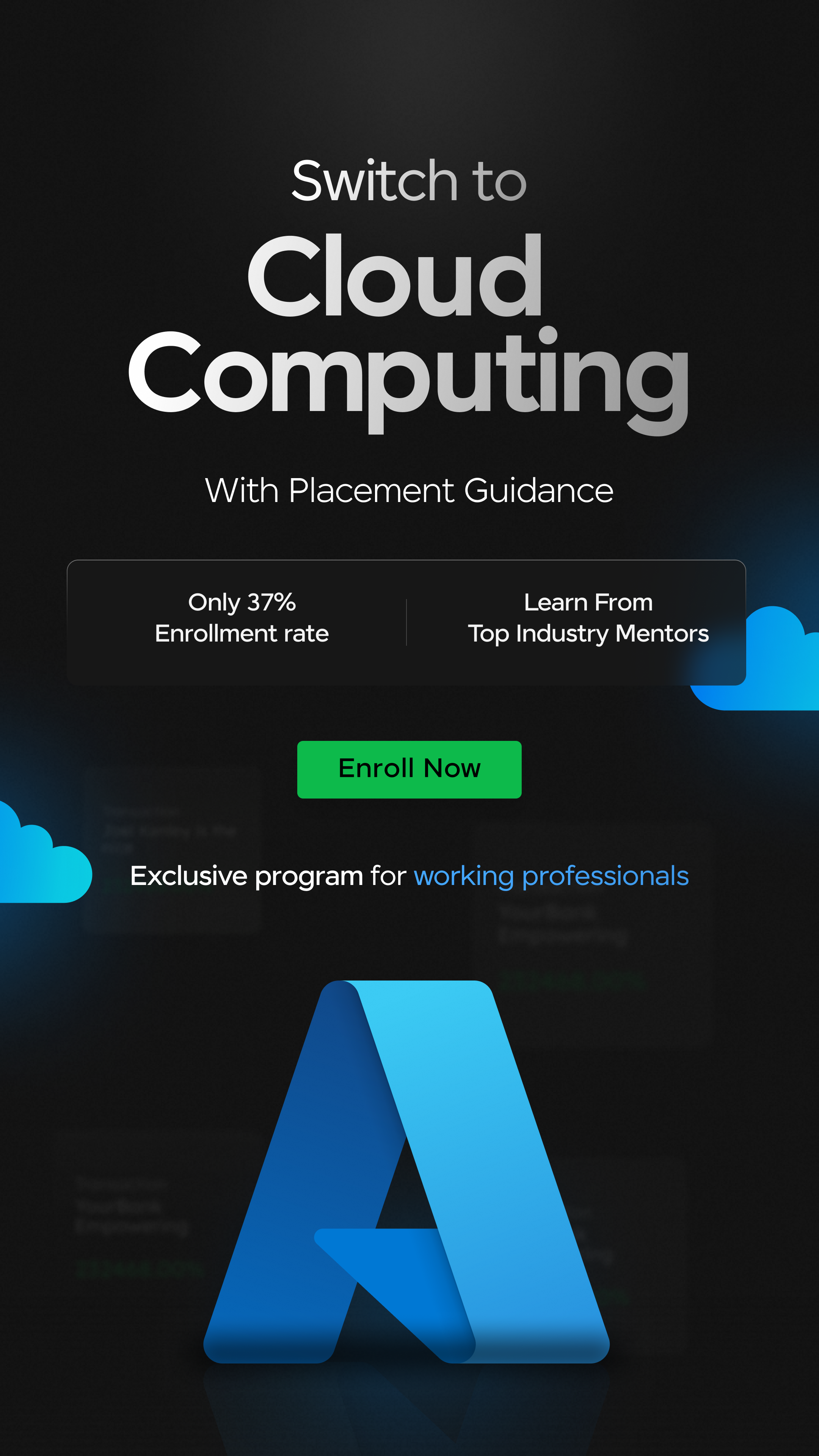


















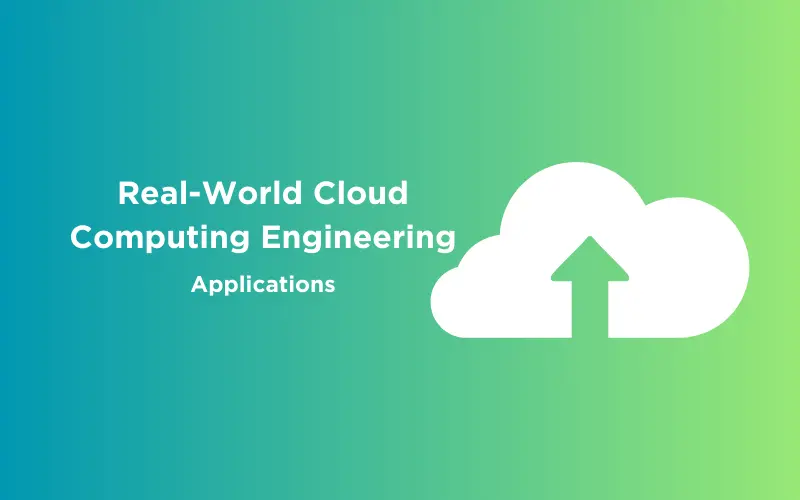
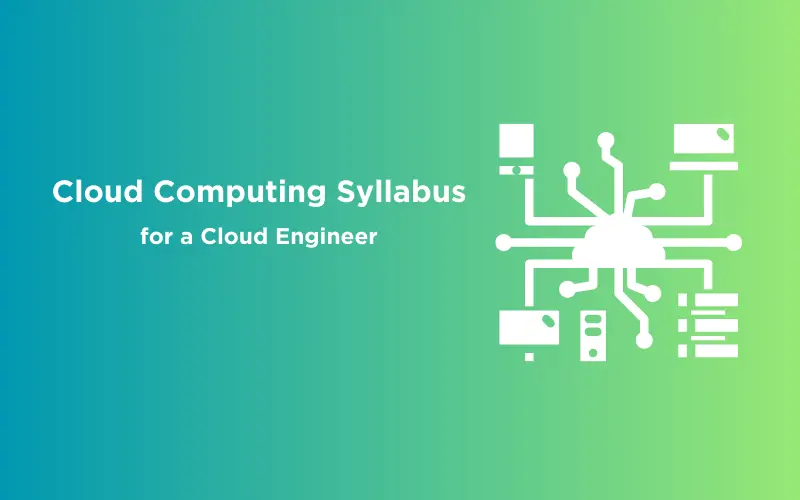
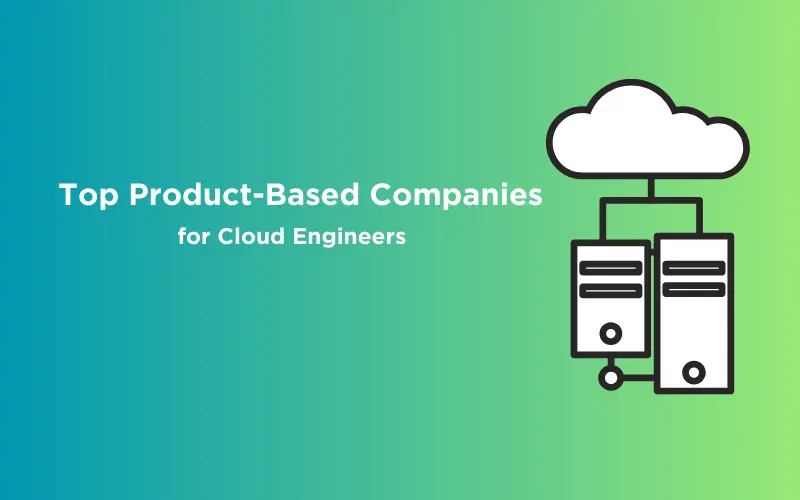
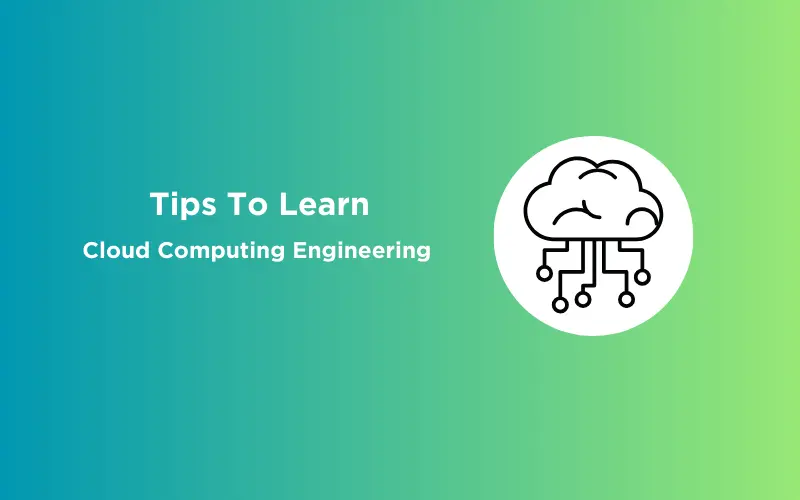
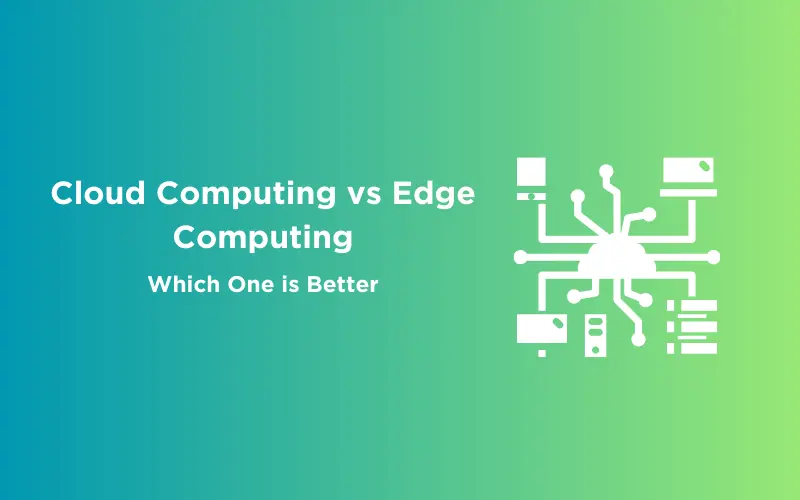
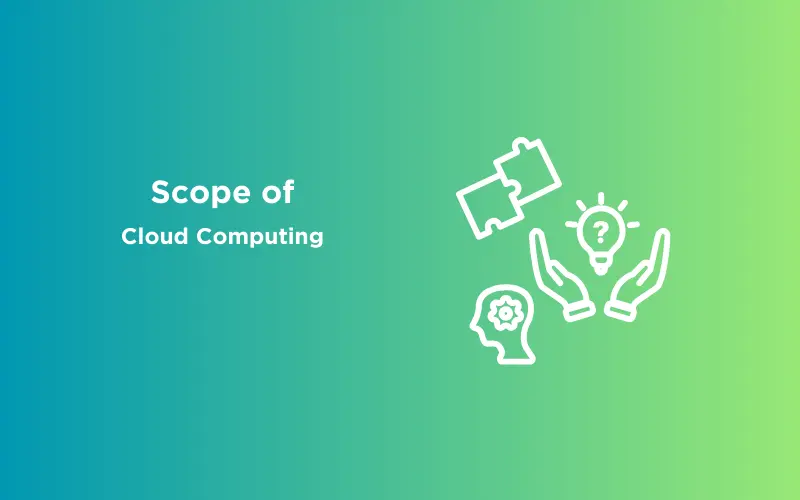
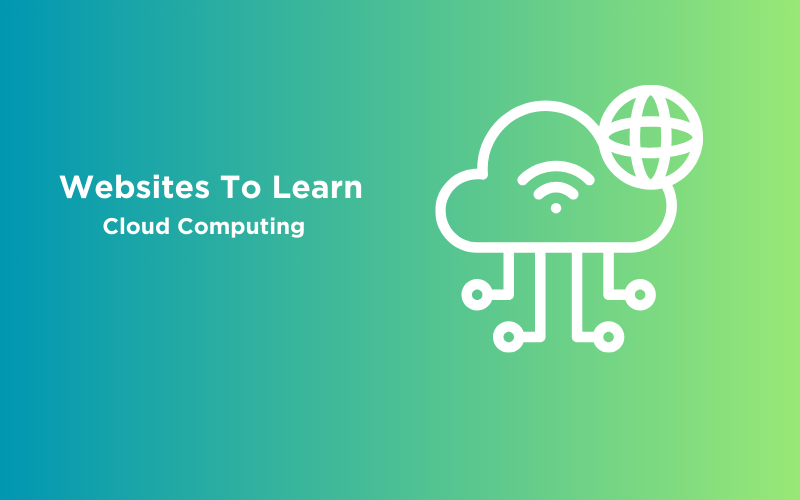
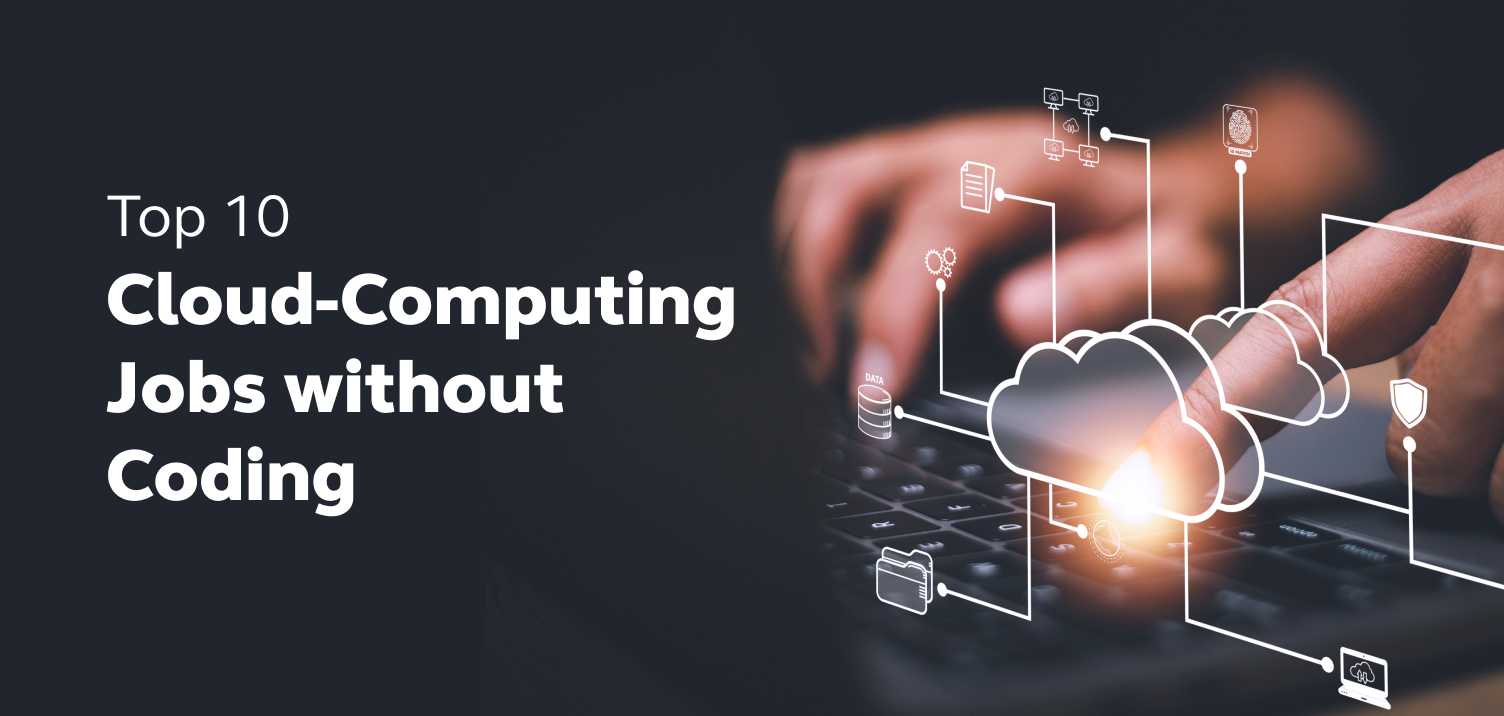
![Roles and Responsibilities of a Cloud Engineer [2024] 11 Feature image - Roles and Responsibilities of a Cloud Engineer](https://www.guvi.in/blog/wp-content/uploads/2023/10/Feature-image-Roles-and-Responsibilities-of-a-Cloud-Engineer.webp)
Did you enjoy this article?